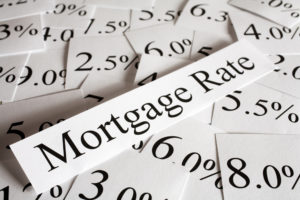Finding a mortgage for a property in the same country you reside is stressful enough, so imagine how much worse it could be if you needed to obtain a mortgage for a property overseas. This is where expat mortgages come into play. What exactly is an expat mortgage, I hear you ask. An expat mortgage is a mortgage solution provided to persons who wish to purchase a property in a jurisdiction of which they are non-resident or non-domiciled.
Residency is defined as the place you live in on a normal day-to-day basis. Domicile is essentially your country of origin, so if I am born in England and live in England then my domicile is English. However if I was born in England, move to Australia, cut all ties with England and never return to England to reside then my domicile could change to Australian. If I did return to England then my domicile would still be English. Make sure you speak to a professional tax adviser before taking any sort of actions that may involve residency and domicile considerations.
So how do expat mortgages work? As a simplified explanation, there are two types of expat mortgages, one where I am looking to leave a country and require a mortgage in a new jurisdiction, and one where I am looking to return to a country after I have finished working overseas. They both work along the same lines though, a mortgage is provided to you and secured against the new property you have bought. You then repay your mortgage amounts and when you return/move to your new country of residence you will have a home waiting for you to live in.
It’s not as easy as it sounds though; on a normal straightforward mortgage the minimum deposit usually required is 10%, but on expat mortgages it is 25%. Then as touched on before, there are the taxation implications of owning property in separate jurisdictions meaning not only will you need to pay for tax advice but you may need to pay two sets of tax as well.
This tends to be the reason why expat mortgages are more popular among expatriate workers in lucrative fields such as finance, law, and oil. However do not be put off by this, if you are able to save for a sufficient deposit and are in a position where you could afford the associated mortgage and costs then looking at a buy to let expat mortgage could be the solution for you.
If you can afford the other related costs associated with owning an overseas property, then letting it out to a tenant will bring in an extra income that you could use to reduce your expenses on said property. Be careful though as it is likely it would be classified as income, so this would be another point to check with your tax adviser. Still, a great solution as you earn that extra money, and then you still have a home to move into for when you return to the country, simply do not renew the lease on your house, or if it’s an emergency you can always give your tenants due notice. Make sure your mortgage provider is aware from the outset if you are looking for a buy to let expat mortgage as they can have a different set of conditions.



